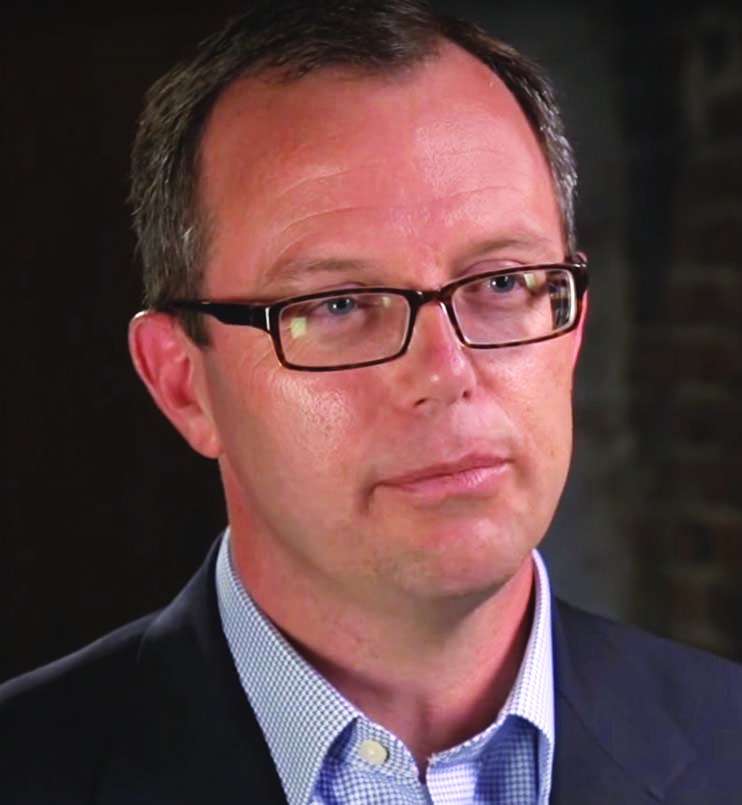Free the Felons

Kevin Ring was an attorney, a Republican congressional staffer, and a lobbyist before his role in the Jack Abramoff Indian casino scandal landed him in prison. Today he serves as the director of strategic initiatives at Families Against Mandatory Minimums (FAMM), a nonprofit that's been fighting for sentencing reform since 1991. In October, Ring sat down with Reason TV's Nick Gillespie. To see a video version of this interview, visit reason.com.
Q: The Justice Department has just released 6,000 criminals from the federal prisons. What's going on with that?
A: More than a year ago the U.S. Sentencing Commission made the decision to reduce the drug guidelines. As a result, 6,000 people-46,000 over the course of the next 10 years-will get relief.
Q: Where did mandatory minimums come from?
A: We got mandatory minimums mostly in the '80s and '90s where people wanted to lock everybody up, because we did have high crime in the late '70s. And crime went down, so if you looked at those two data points, you would argue they have done well.
But the states started going broke—their corrections budgets were out of control. So you had places like Michigan, New York, Rhode Island repealing their mandatory minimums, and their crime continued to drop. So the feds have said: We now have evidence that we don't need to have these policies.
Q: FAMM recently conducted a poll.
A: We did a poll about five years ago and found that 60 percent supported repealing mandatory minimums. This poll showed 77 percent. And it's across the political spectrum. The biggest jump was among self-described conservatives. Among that group, a full 71 percent now support repealing mandatory minimums. That would have been unheard of 20 years ago.
And we recently had a group come out [called] Law Enforcement to Reduce Crime and Incarceration. So the people with badges are now saying: We have the wrong people in jail. We need resources to go after the bad guys, but we're wasting [them] on holding these nonviolent offenders.
Q: This isn't just a philosophical discussion for you. You are a convicted felon. Tell us a little about that.
A: I was a lobbyist in Washington, D.C., and I was convicted of a junior varsity form of bribery. So I went to a federal prison camp—these are mostly drug and gun offenders I served with for a year and a half. And I saw the people who were serving mandatory minimum sentences. I wish everyone had that opportunity, maybe as visitors, because they're not who you think they are. These are people who've made mistakes. And a lot of them will tell you they needed to be punished to get on the right track. But they don't need 10 or 20 years.
Q: What are some of the things we could do to make people less likely to recidivate?
A: The bills in Congress talk about doing "front end" and "back end." So you'll reduce sentences, but you'll use that savings to do things like more drug treatment. Cognitive behavioral therapy. Job training is important, and the other thing is when they get job skills that they can come out with, we have to make sure they're employable.
Q: Talk about that, because Obama was recently saying we have to get the box off job applications asking if you've ever been arrested or convicted.
A: If I interview you for a job, I may not ask you on your application, but if I see a 10-year gap on your resume, that's a problem. So the question is more, How am I going to react to that? We need people to realize, just because you served time doesn't mean you're disqualified from productive service.
This article originally appeared in print under the headline "Free the Felons."


Show Comments (5)